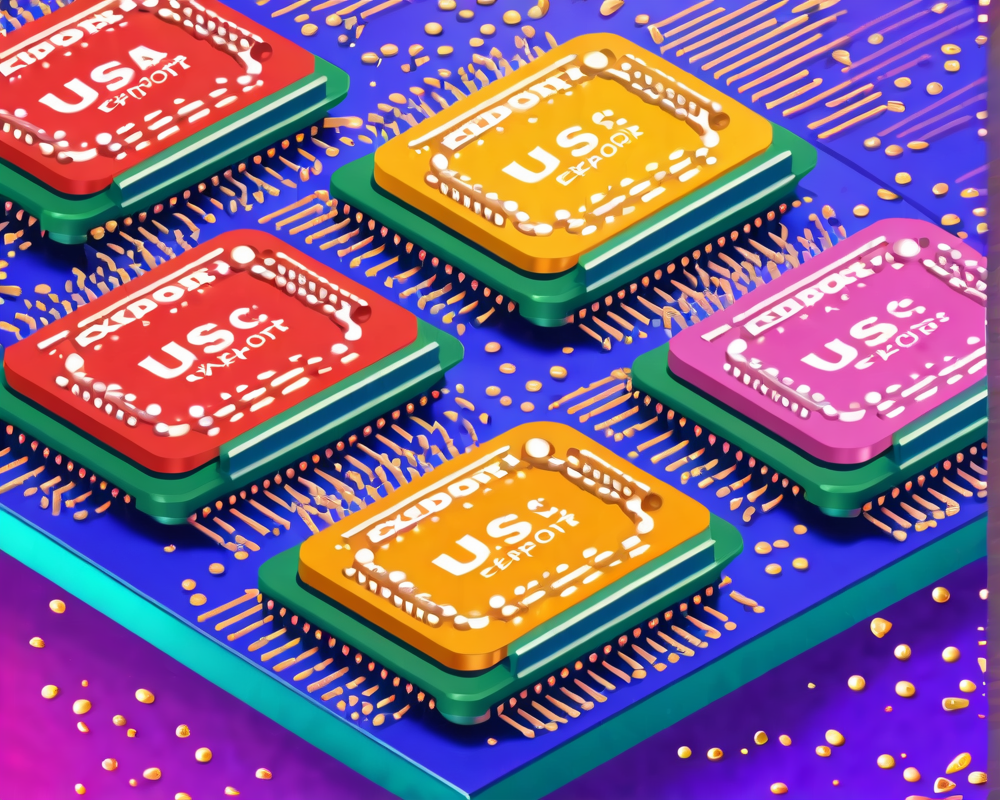Background on Export Controls
On October 17, the U.S. Department of Commerce’s Bureau of Industry and Security (BIS) made waves by expanding export controls on artificial intelligence (AI) chips headed for China. This tweak isn’t just a casual update; it’s a strategic move to strengthen existing regulations from October 2022 aimed at limiting China’s capabilities to purchase and manufacture advanced chips critical for military applications.
The Power of Export Controls
Under Secretary of Commerce for Industry and Security, Alan Estevez, emphasized the significance of export controls as national security assets. He stated, “Export controls are a powerful national security tool,” and this latest update is a result of ongoing assessments regarding U.S. security and foreign policy challenges related to China’s military-civil fusion.
Key Changes in Export Rules
Among the notable adjustments is the introduction of a new “performance threshold” for chips that can be exported. This is a game-changer since it now places even more chips under scrutiny.
- Say Goodbye to A800 and H800: Previously, models like Nvidia’s A800 and H800 were given a free pass. Now, they join the embargoed club.
- Extra Notification Requirements: Any export of chips that flirt with the new performance threshold will require prior notification to the government, which will weigh in on the transaction’s fate.
New Exemptions and Controls
Not all chips are in the crosshairs, however. The U.S. government has also signaled a plan to introduce exemptions for chips intended for consumer applications. This means gamers and everyday users might find their tech needs unaffected—at least for now.
Anti-Circumvention Measures
BIS isn’t just throwing regulations into the mix; it’s also laying down a framework to tackle attempts to skirt around these rules. Measures include:
- A worldwide licensing requirement for exporting controlled chips to embargoed countries.
- The establishment of “red flags” for easier identification of chips under restriction.
- A notification demand for high-end gaming chip exports.
What’s Next?
The updated controls are set to take effect on November 16, 2023. Mark your calendars, as interested parties have 60 days to submit public comments on the new regulations. This is particularly timely as Chinese tech giant Baidu just launched its Ernie AI chatbot 4.0, claiming it rivals the likes of OpenAI’s ChatGPT. Looks like the race for AI supremacy is on!




